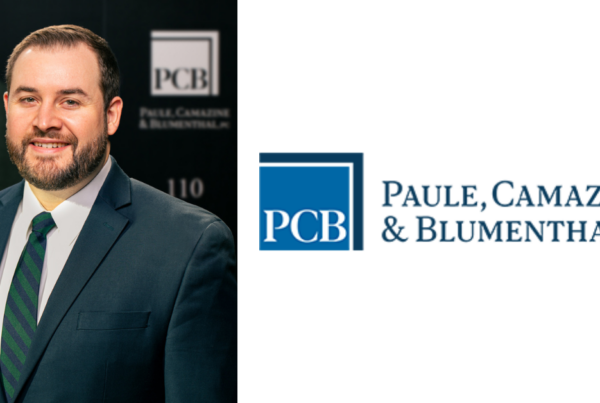Why Estate Planning is Still Important with Today’s High Exemption Limit
Estate planning documents should be reviewed periodically to determine whether there are any changes that should be made because of a change in family circumstances, or because of a change in relationship with those persons that are identified as personal representative, trustee, custodian and guardian for children, agent and attorneys in fact, and their successors. You should also look at whether changes in estate and gift tax laws or changes in laws affecting the administration of trusts, might require changes to your documents.
Estate and Gift Tax Laws
On January 2, 2013, the American Taxpayer Relief Act of 2012 (the 2012 Tax Act) enacted major changes to the federal estate, gift and generation skipping transfer (GST) tax. Those changes include:
- The federal estate, gift and GST tax provisions were made permanent as of December 31, 2012. While “permanent” in Washington only means that this law is the law until Congress decides to change it, at least now there is no longer the uncertainty of the built-in expiration dates;
- The estate, gift and GST tax exemptions were set at $5,000,000 per person, adjusted annually for inflation. For 2013, the exemption is $5,250,000, or $10,500,000 for a couple;
- The tax rate on estates larger than the exemption amounts is now 40%. This means that for those individuals with an estate in excess of $5,250,000, and for couples with estates in excess of $10,500,000, estate, gift and GST tax planning will remain a significant part of planning; and
- Spousal portability was permanently extended. This allows a surviving spouse to use the unused estate tax exemption of a deceased spouse to shelter lifetime gifts from gift tax and to pass additional assets free of estate tax at the death of the surviving spouse.
For most Americans, the 2012 Tax Act has removed the emphasis on estate tax planning, and put it back on the real reasons to do estate planning: taking care of yourselves and your families in the way that you want. This includes:
- Protecting you, your family, and your assets in the event of disability;
- Ensuring your assets are distributed in the way that you want;
- Protecting your legacy from irresponsible spending, a child’s creditors, or from being part of a child’s divorce proceedings;
- Providing for a loved one with special needs without losing valuable government benefits; and
- Helping protect assets from creditors in frivolous lawsuits.
As a result of the changes in the estate, gift and GST tax law and recent changes in Missouri trust laws, estate planning documents required for a married couple having a total estate of less than $10,500,000 have substantially changed. Specifically, planning ideas that should be considered are:
- The appropriate planning documents for a married couple today should probably be a joint trust, rather than separate revocable trusts for each. This is particularly true in light of the enactment of the Missouri Qualified Spousal Trust law in 2010.
- Providing for distributions to children and other descendants at a later age, or providing for lifetime trusts for children. The reasons for this are principally to provide asset protection for that property left to children.
- Providing for discretion on the part of the trustee to “hold back” both income and principal distributions in the event of the existence of certain conditions, including physical or mental disability, divorce, litigation, bankruptcy, incarceration, or addiction to drugs or alcohol.
- Expanding the designation of successor trustees to provide a spouse with greater control and discretion during the lifetime of the spouse. If there are lifetime trusts for children, frequently provisions are included to allow a child to serve as co-trustee, or in some circumstances to serve as sole trustee.
For those with larger estates, ample opportunities remain to transfer large amounts tax free to future generations, but it is critical that professional planning be implemented as soon as possible. With Congress looking for more ways to increase revenue, many reliable estate planning strategies may soon be restricted or eliminated. Thus, it is best to put these strategies in place now so that they are more likely to be grandfathered from future tax law changes.
By Donald W. Paule and Carl M. Markus

